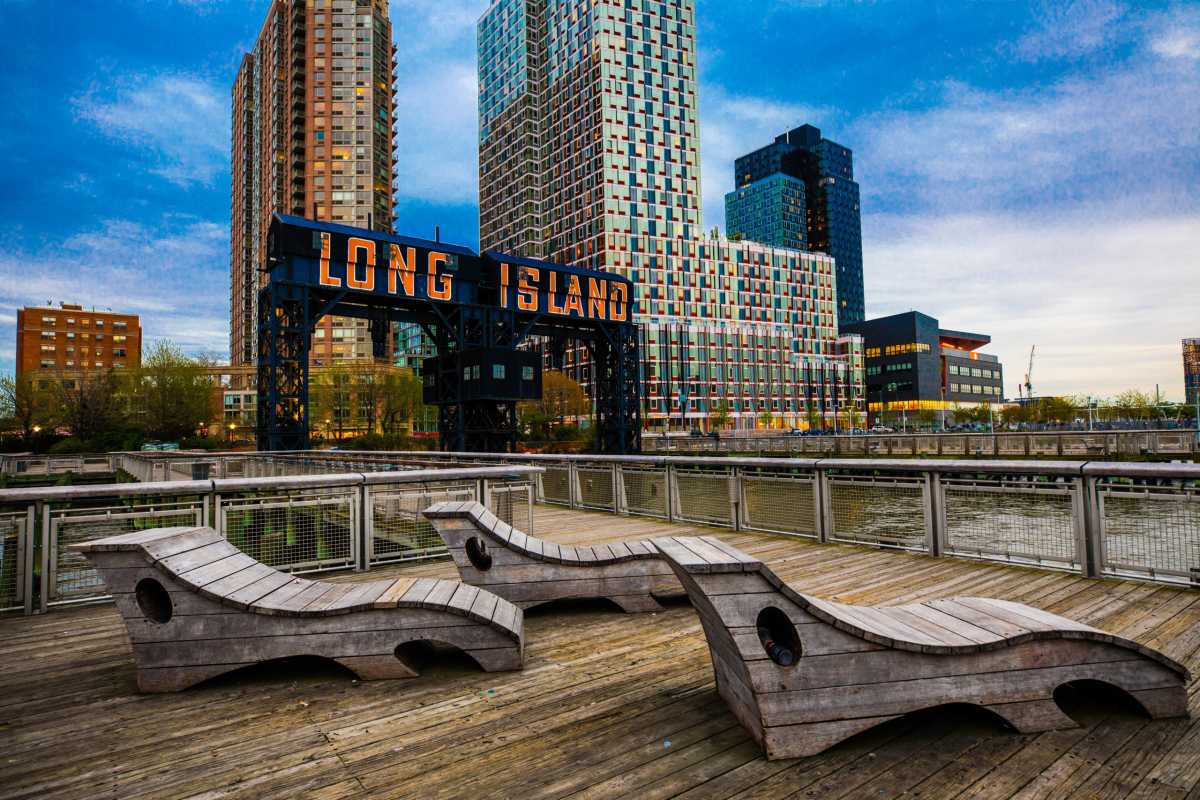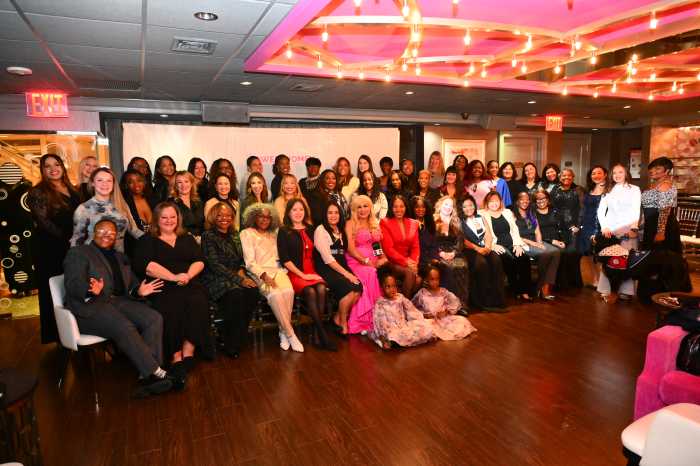The seventh annual LIC Summit, organized by the Long Island City Partnership, was unlike any other due to the COVID-19 pandemic.
The program in past years has focused on the fastest growing neighborhood in the country, with new jobs and residents that increased more than two times faster than the rest of New York City, according to LIC Partnership President Elizabeth Lusskin.
This year’s summit, held virtually with more than 200 participants, explored the lasting effects of the pandemic and how key groups such as small businesses, healthcare, civic/nonprofit, arts and education, manufacturers, workforce, real estate and government agencies worked independently, as well as collaboratively, to recover from the crisis.
Kathryn Wylde, the president and CEO of Partnership of New York, who has participated in six of the seven summits, said it best during the keynote panel that discussed navigating the pandemic to a more equitable economy.
“We’ve got a lot to worry about,” Wylde said.
Queens Borough President Donovan Richards spoke about the reconstruction projects taking place at JFK International and LaGuardia airports as being key to a Queens economic recovery, but when he drilled down to Long Island City he pointed to the growing tech sector in western Queens.
“We have to grow,” Richards said. “We have to reimagine what planning looks like. Without growth, you’re not going to save all these small businesses.”
Former Deputy Queens Borough President Melva Miller, now the CEO of the Association for a Better New York, said Long Island City could serve as a model of resiliency.
“Long Island City has led the city in recent years and can lead the city out of this crisis,” Miller said.
Wylde pointed to the growth of the tech sector which has flourished in Long Island City and has gotten even stronger with the opening of Cornell Tech on Roosevelt Island.
“And now life sciences are beginning to come online,” Wylde said. “And related medical supplies which has become so important during the pandemic.”
That industry came into sharp focus during the second panel of speakers discussing community through crisis. Boyce Industries Inc., which specialized in transit safety solutions for the MTA, switched its manufacturing to personal protection equipment at the onset of the coronavirus health emergency.
“We went from making face masks to tens or hundreds of thousands of face shields in early March,” Boyce Technologies Founder and President Charles Boyce said. “But then we heard Governor Andrew Cuomo was down to four ventilators statewide and I said, ‘We’re going to make ventilators’ even though we didn’t know how ventilators were made.”
Boyce got to work with his engineering team and working with MIT, went from idea and conceptual design to prototype and mass production all within four weeks and obtained US FDA approvals in parallel.
“Within weeks we had manufactured 3,000 ventilators and shipped them throughout the state,” Boyce said.



































